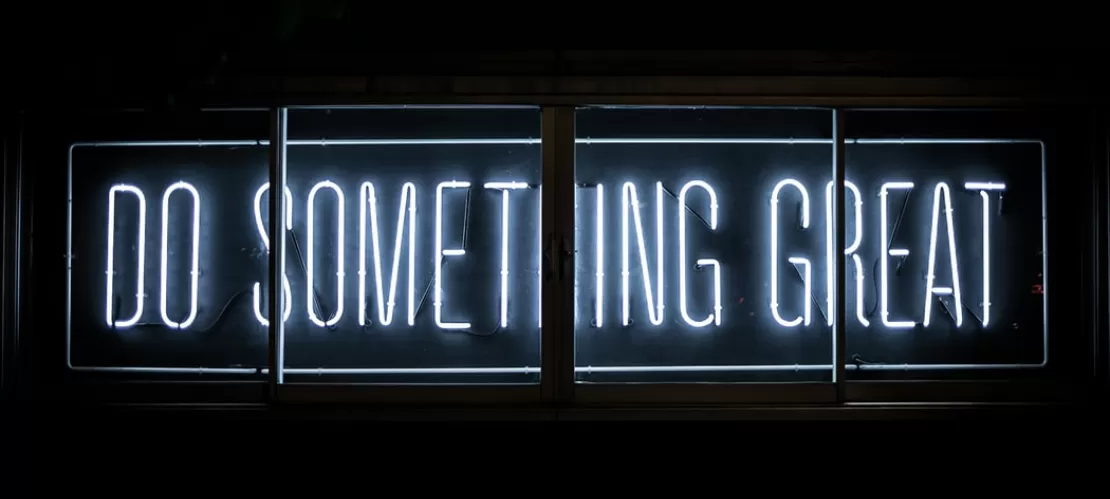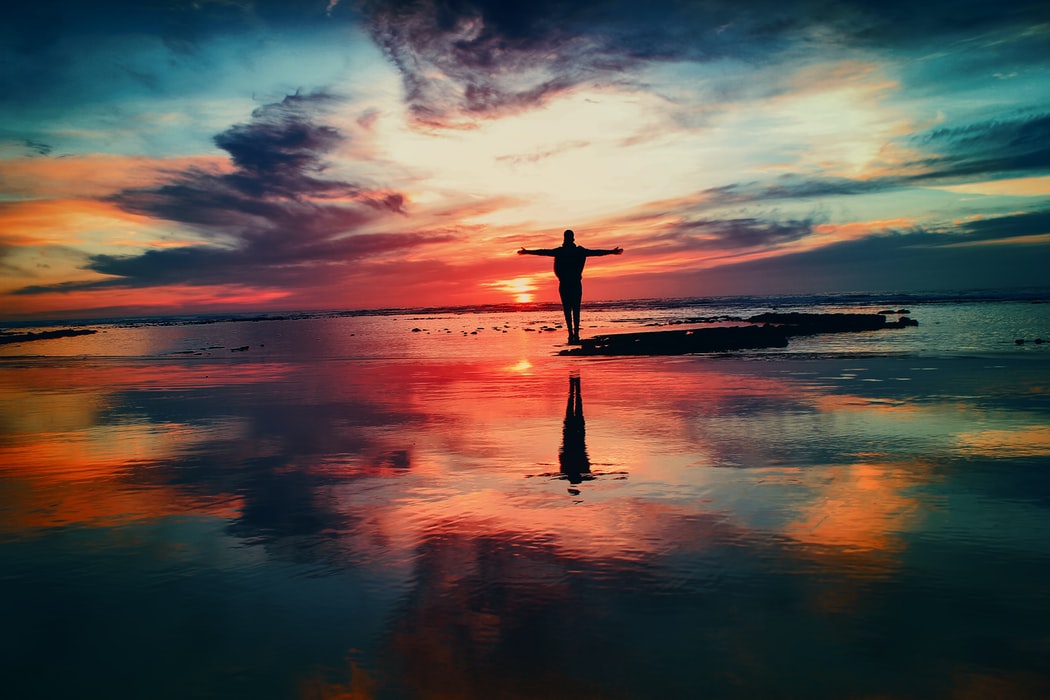
The other day, as I was solving my Rubik's Cube, I started thinking about how easy it was to solve, once I knew the algorithm behind its solution. Then, when I had finished it, I got the idea that solving it wasn't enough. I had to do better, I had to become quicker, and so, I started timing myself. That need to do more exists in every aspect of our lives.
Have you ever been through that phase in which you feel like you have figured out the algorithm of life? When, no matter what you do, your life seems so full of potential? It is like you have suddenly hacked into life’s system, you have inserted yourself into it, and now all you need to do is to find how to run the system from the inside. If you have, you probably still remember what happens next. You figure out a temporary way to run the system, feeling that adrenaline rush every programmer feels after successfully writing a code that works. However, after a while, things go back to how they were, life has its ups and downs, and the latter feels even more terrifying because you have gotten a taste of how life could be.
That’s when it starts. Just like me timing myself, you start counting the days you’ve been feeling low, and on top of that, you’ve started working extra hard because you need to get back into the system. It is similar to an addiction.
Our lives have turned into a series of norms, and we blindly follow the rhythm of it because it is easier to pick the paved way than to create your path. We get our inspiration from picture-perfect moments on social media. Before we knew it, our lives became part of a competition with no rules or a proper endgame. But if we could think outside that box, we would realise that the point isn't to be better than the person next to you. The point is to be in a better place than you were yesterday.

That also applies to our Erasmus experiences. We have those bucket lists, and sometimes we get annoyed when our experience doesn’t feel as fancy as we expected it to be. But isn’t it inspiring that we leave our homes, our routine, to explore the unknown? Isn’t it amazing that we get to become citizens of the world? We are the ones whose homes aren’t defined by coordinates. We belong to all the places we have visited, and all the places we aspire to see.
What I am trying to say here is that it is easy to get caught in the idea of perfection, and once you do, you fall in the rabbit hole. You don’t have to rob yourself of a life worth living just because it didn’t live up to some impossible expectation. You are not the people around you. You are you. Your life will have rough edges like everyone else’s. It is a roller coaster, and we are here for the long run.
Albert Einstein once said that there are only two ways to live our lives. One is as though nothing is a miracle. The other is as though everything is a miracle. In conclusion, we are in this world for a little while, and we must aspire to live our days as our own. To dream and fulfil our ideal endgames. There is always going to be someone who seemingly has it better, but it doesn’t matter. What truly matters is that we live this life to the fullest, grateful for all the things that we have and all the chances we didn’t waste. For me, that is the secret behind life’s algorithm, to live like there is no algorithm at all.

